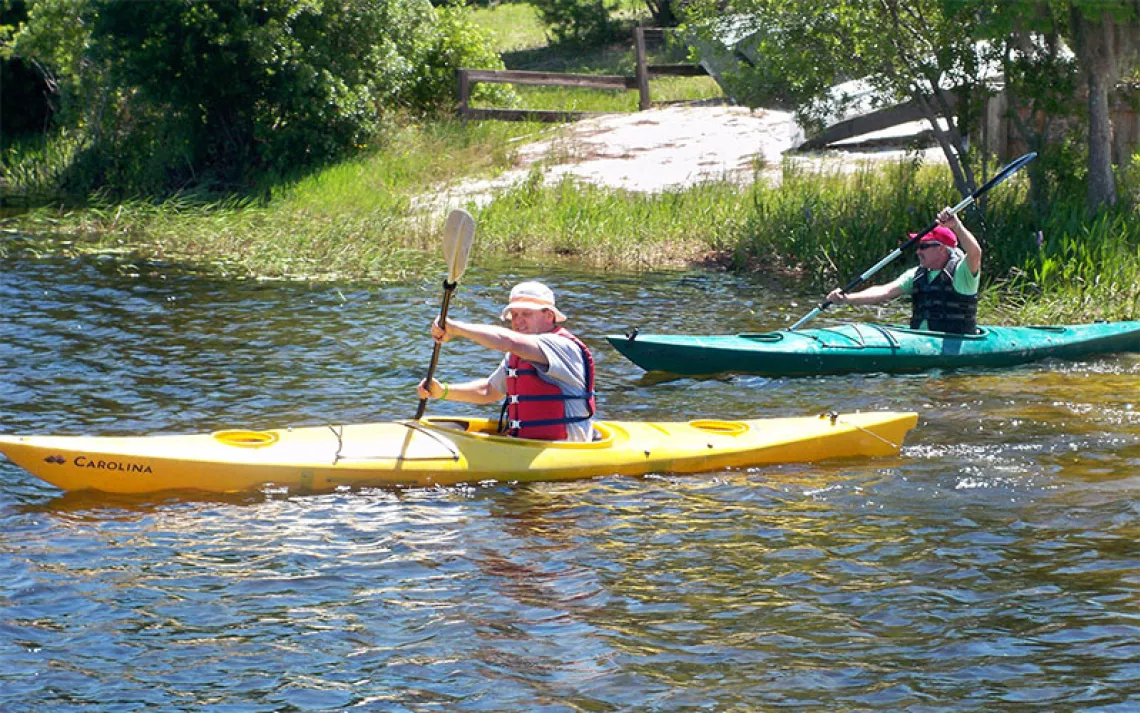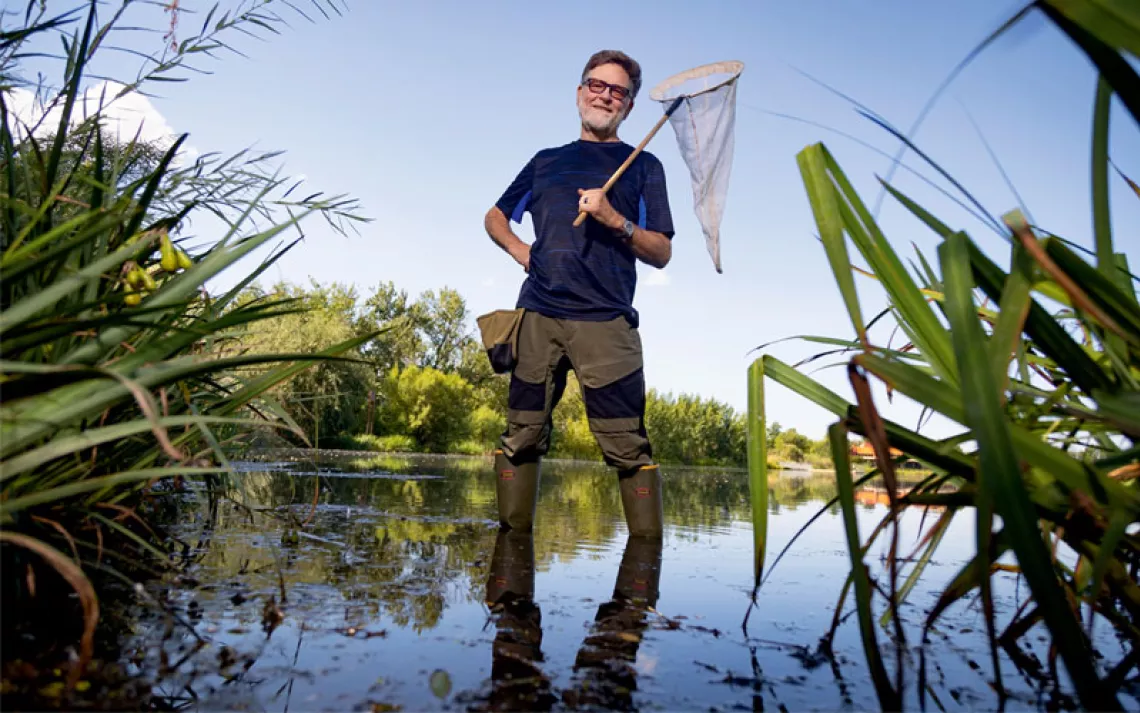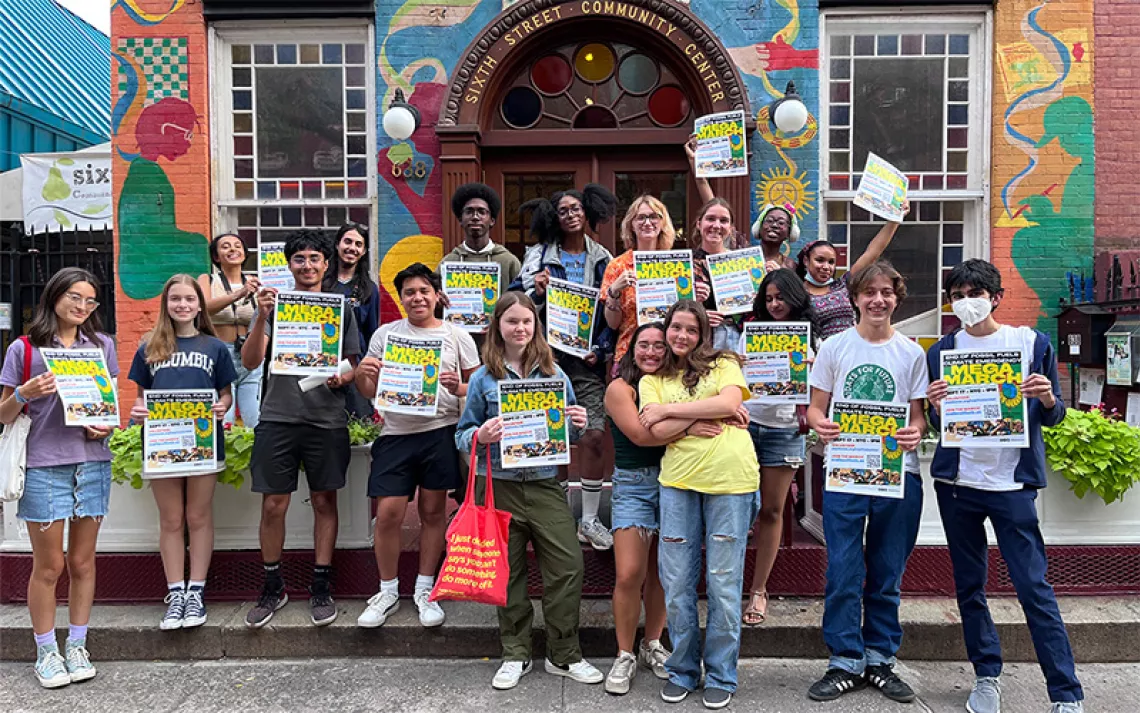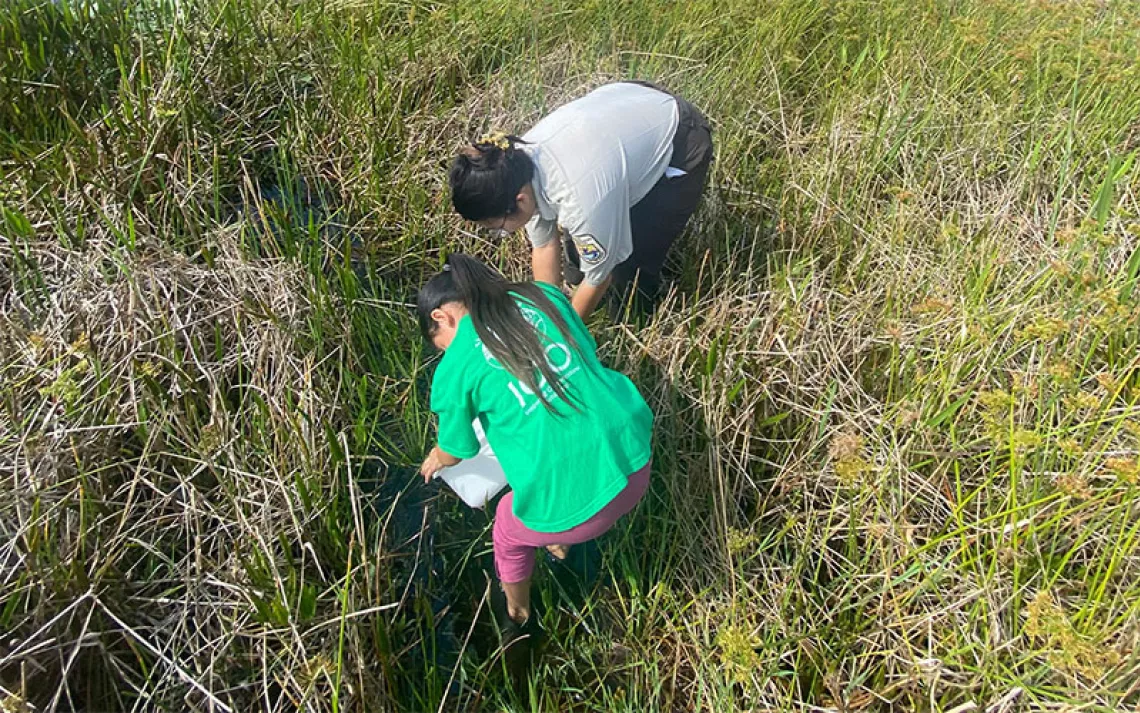Why I Decided to Sue My Own Government
A plaintiff in the Our Children’s Trust lawsuit says the federal government’s actions are fueling global warming
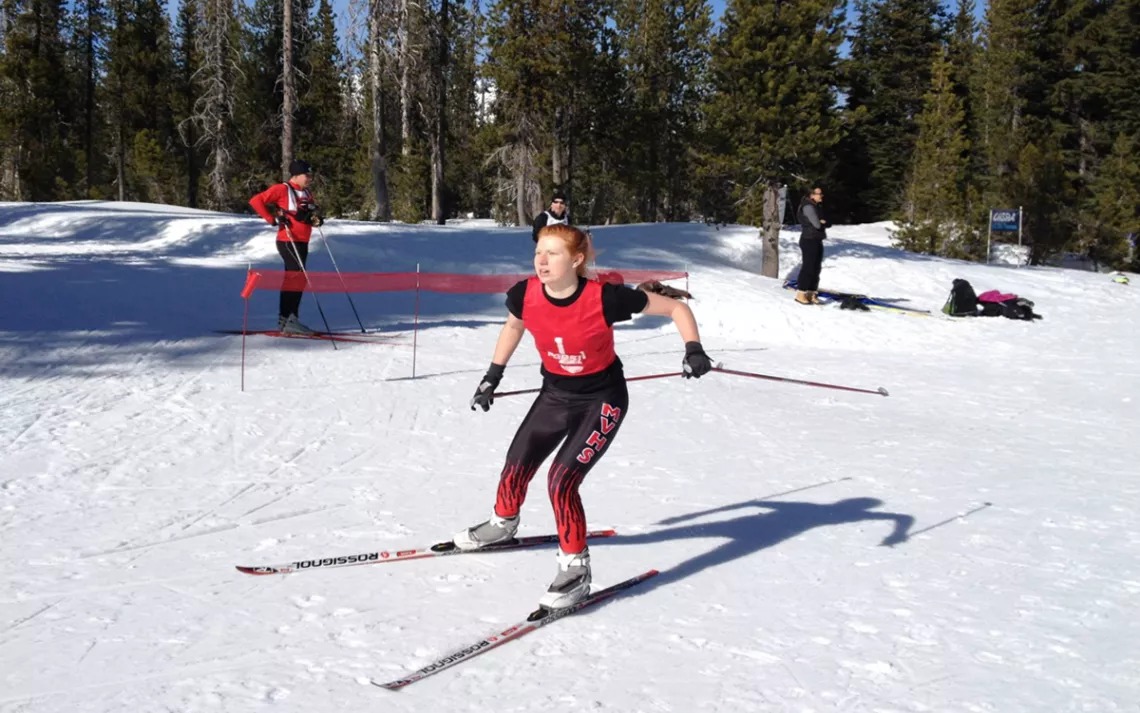
Competitive cross-country skier and Our Children's Trust plaintiff Tia Hatton | Photo courtesy of Tia Hatton
As the movie theater lights gradually rise and the film credits turn to a blank screen, the older man sitting next to me nudges my arm and asks, ”You’re one of the plaintiffs on the lawsuit?” I nod yes, and I feel the weight of that role a little more than usual, having just watched Al Gore’s An Inconvenient Sequel. The gentlemen gives a sad little chuckle and says, “Good luck. The world may depend on it.” My boyfriend and I step out of the theater into an atmosphere that seems to confirm the man’s dour good wishes: The night is smoldering hot and smoky, the air heavy with a haze borne down on us from wildfires around the state of Oregon. My boyfriend and I discuss the scientific consequences of climate change that were clarified in Gore’s film, the burgeoning international renewable energy industry, and the need to converse and connect more with deniers and uninformed individuals. But I continue to feel the weight of the man’s statement lingering on my 20-year-old shoulders.
The lawsuit the man referred to is Juliana, et al. v. United States of America. I am part of that et al, one of the 21 young people ages 10 to 21 who are suing the federal government for failing to take meaningful action on climate change even as government officials were aware of the apocalyptic risks from global warming. Although the stranger’s statement feels overwhelming after watching coverage of the effects of super storms, drought-induced refugees, sea-level rise, and the spread of disease poleward, I know that it is true. The health of the planet depends, in a significant way, on the fate of our lawsuit. Especially as I watch President Donald Trump pull the United States out of the Paris Climate Agreement, dismantle environmental regulations, and try to defund the EPA.
Our landmark lawsuit is a last resort of sorts. Due partly to the political influence of the fossil fuel industry, the legislative and executive branches of the federal government have failed to implement a science-based climate recovery plan that reduces emissions to the designated safe level of 350 parts per million of carbon dioxide in the atmosphere. So my co-plaintiffs and I are appealing to the third branch of government—the judiciary. We’re asking the federal courts to recognize that all citizens, and especially young people, have a constitutional right to a stable and healthy atmosphere.
The politics of climate change embedded themselves in my household when I was growing up. I spent much of my childhood exploring the national forests, ancient rock formations, and vibrant rivers and lakes in and around my hometown of Bend, Oregon, and the natural environment became very important to me. Yet, when the issue of climate change arose in my household, it was sometimes met with skepticism. I heard the classic denialist line: “The science isn’t clear.”
In high school, I began cross-country skiing competitively. Each year of high school, I grew stronger as a skier, and looked forward to heading up toward the mountains to enjoy the cold mountain air and priceless snowy vistas. By my senior year I decided I would be skiing the rest of my life—there was simply nothing else like it. Unfortunately, it seemed that climate change would doom that dream. The year 2015 was the warmest on record-—until 2016 was even warmer, and skiing on icy dirt did not appeal to my coaches, or my skis. Concerned about my ability to recreate outdoors—as well as the safety of future generations and the increasing droughts and wildfires already occurring—I began familiarizing myself with the science of global warming.
In the spring of 2015, I gathered at an after-school educational event with other high school students in Bend to hear about efforts by youth in Eugene, Oregon, to get their city council to pass a carbon-reduction climate ordinance. I learned that to address the threats of global climate change would require political, systematic action; efforts such as recycling wouldn’t be enough. Weeks later, I accepted lead plaintiff Kelsey Juliana’s invitation to join her and 19 other youths from across the United States in suing our federal government.
Since filing the suit in August 2015, my understanding of climate change has grown tremendously. Climate change has come up in nearly every class I’ve taken at the University of Oregon, where I’m majoring in environmental studies. I’ve come to learn about the federal government’s long-standing knowledge of the effects of carbon dioxide pollution, and about how insulting it is that, despite such knowledge, the government continues leasing land for drilling, subsidizing fossil fuels, and setting inefficient auto fuel economy standards—all of which are actions that create climate change. While sitting in courtrooms watching judges hear our case, I have thought about how bizarre it was that the Obama administration claimed climate change was the issue to define our time—then sent lawyers to fight against a lawsuit that could help secure for my generation and others a healthy, safe future.
Most of all, I have learned that people need hope. For those who truly understand the danger of climate change, and the inefficiency of the political system, our lawsuit can be that hope. After hearing two motions to dismiss our case brought by the federal government, U.S. District Judge Ann Aiken ruled to let our case proceed and concluded: “Exercising my ‘reasoned judgement,’ I have no doubt that the right to a climate system capable of sustaining human life is fundamental to a free and ordered society.”
The trial is set to begin on February 5, 2018. Our lawyers are gathering expert testimonies on the effects of climate change, and collecting evidence that will prove that the federal government has known for decades that carbon dioxide pollution fuels increasing temperatures. On the day the trial starts, we hope to have thousands of people gather on the steps of the U.S. District Court house in Eugene, Oregon, to show their support for our argument that a stable atmosphere is a basic right.
I invite you to come and join us.
 The Magazine of The Sierra Club
The Magazine of The Sierra Club
